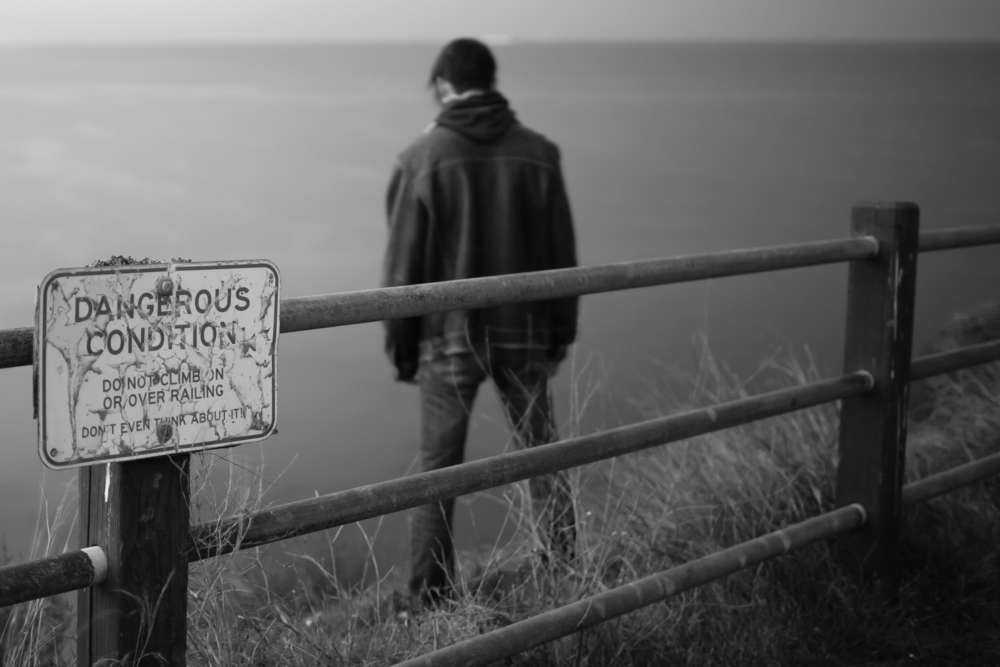A fundamental libertarian axiom, of course, is exclusive self-ownership. Doing with one’s own body, mind, and life – without impinging upon the self-ownership of others – as one desires, might actually be considered the very touchstone of libertarianism itself.
Thus it should come as no surprise that statists of all varieties have used suicide-prevention as a rubric under which to justify everything from continuing the War on Drugs, to invasions of privacy, to stricter gun regulation. Yet, their interventionism has been inconsistent and arbitrary – as statism so often is.
The government courts, thus far, according to Cornell Law School, have been cagey on the topic: While it would seem a fair amount of latitude has been extended to medical patients who refuse ostensibly life-saving drugs, assisted suicide – as vigorously championed by the late Dr. Jack Kevorkian – has been generally considered prohibitum…as has been the case with all other more traditional forms of individuals choosing to end their own lives. Indeed, to quote Cornell, “There has been little litigation of constitutional issues surrounding suicide generally, although Supreme Court dicta seems to favor the notion that the state has a constitutionally defensible interest in preserving the lives of healthy citizens.” Further, this sentiment seems to have been bolstered by the US Supreme Court in Cruzan v. Director, Missouri Department of Health, 497 U.S. 261, 280 (1990) (“We do not think that a State is required to remain neutral in the face of an informed and voluntary decision by a physically able adult to starve to death”).
Are there any ulterior motives present in such inconsistencies? Or are they merely the typical trappings of a customarily wanton bureaucracy, fraught with self-contradiction throughout? My guess is the latter. Not only because it is difficult to discern any significant gain governments might obtain thereby, (other than, perhaps, that living people tend to pay more taxes than dead ones) but also, simply, because, Occam’s Razor. There is always the danger of ascribing to bureaucrats more intellect than is due them.
However that, as stated, the powers-that-should-not-be continue to make shameless use of suicide-prevention to limit the freedoms we are all allowed by them to enjoy. And seem to garner much popular support, in turn, for their position.
Let me be clear: I consider suicide a tremendous tragedy. It has touched my life and my family very deeply, and personally. It seems to me that there are a thousand and one options, in most cases, before one should undertake such a dramatic, final, and irreversible course of action.
That said, in the final analysis, the decision to live or not to live is – and should be – 100% the exclusive choice of the owner of that life – and never some outside party. Ever. We may offer our advice, our genuine compassion, our emotional solace, to those who grieve and consider suicide. But it ultimately remains their choice. Not ours. And certainly not government’s. No matter how much we may be crushed by the suicide of a loved one, a friend, or simply a good person we know in passing, no one reserves the legitimate right to forcibly prevent another’s decision to end their own life. I
For if they do not possess the exclusive license to do as they wish with their own existence, then who does? And how so?




